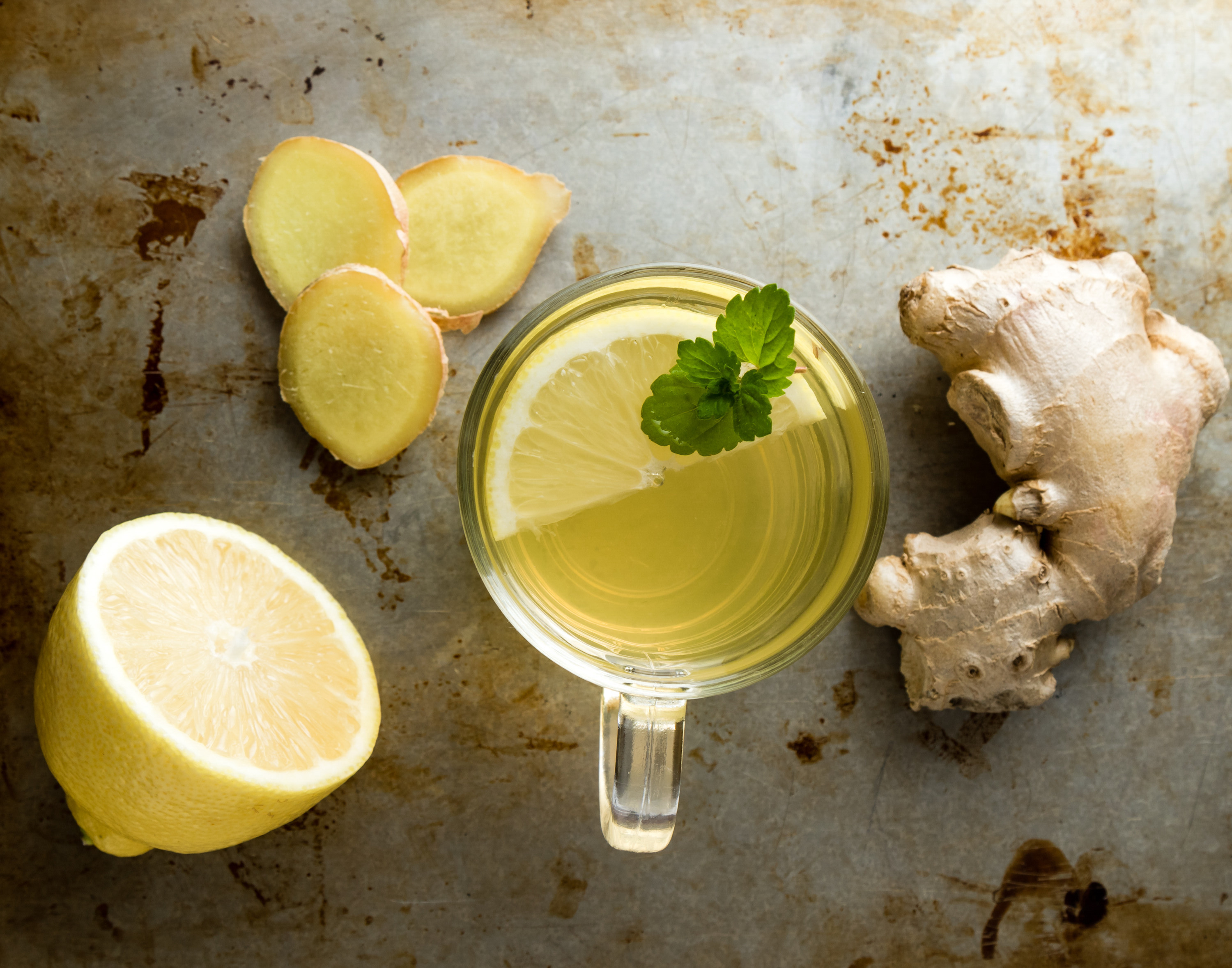While the phrase, "you are what you eat" is widely popular and catchy, it may not reflect what's accurate. I prefer the phrase, "you are what you digest." Just because you eat something, that doesn't mean your body is breaking it down and absorbing its nutrients effectively.
HAPPY GUT, HEALTHY BODY
It can be said that the root of all health and illness can be linked to your gut. This is because so much of our immune system is located there, and our gut microbiome (or the collection of micro-organisms present in our digestive tract) dictates most of our bodily processes. This influence ranges anywhere from our blood sugar levels and cognitive function to our risk of allergies and asthma.
Proper digestion means that we can effectively absorb nutrients from our food and get rid of waste products that may be harmful to the body. It also helps contribute to hormone balance, mental health, and skin health. When we have poor digestion, we are at risk for nutrient deficiencies and problems such as low energy, low mood, poor healing from injury, and decreased resilience to stress.
While long-standing digestive concerns such as diarrhea, constipation, bloating, or abdominal pain should be evaluated by a health care professional, there are some useful things to keep in your medicine cabinet to help ease minor and day-to-day digestive issues.
1. Digestive Enzymes
What: Digestive enzymes are produced naturally by the body and help to break down fat, protein, and carbohydrates; they’re also available as supplements to further assist with digestion. There are a wide variety of enzymes on the market, and their differences are based on their functions. For example, lactase is a type of digestive enzyme that digests lactose, which is a sugar present in dairy products. Those with lactose intolerance (which is different than a dairy sensitivity or allergy) may benefit from taking a lactase enzyme to reduce symptoms, such as bloating and diarrhea, after consuming dairy. Digestive enzymes can be found at most health food stores.
Why: Sometimes digestive upset comes from a lack of digestive enzymes. This can cause inflammation and irritation that is often brought on by maldigestion, causing symptoms such as bloating, abdominal pain, and constipation. Your body may not be producing enough digestive enzymes or may have trouble stimulating their release. This can be due to underlying health conditions, stress, and poor eating habits. Always check with your health care provider to see if a digestive enzyme would be beneficial for you.
2. Probiotics
What: Probiotics are beneficial bacteria that help promote health. Lactobacillus and Bifidobacterium are two major types of bacteria we see in probiotic supplements. Probiotics vary greatly in quality and are available at most health food stores. Probiotics are not to be confused with prebiotics, which are the foods that the good bacteria like to eat. Examples of prebiotic foods include okra, artichoke, asparagus, flaxseed, onion, leek, garlic, dandelion greens, jicama, and cabbage.
Why: Taking a probiotic supplement can help balance out the good versus bad bacteria in your gut. When our gut microbiome is healthy and full of good bacteria, we improve our ability to properly digest and absorb nutrients from our food. Probiotics can effectively help with bowel movement issues on both sides of the spectrum—constipation and diarrhea.
3. Ginger Tea
What: Ginger is a flowering plant whose root has been traditionally used for treating health ailments, such as nausea, in many cultures. Ginger is part of the Zingiberaceae family (shared with turmeric), and it is used as a spice—both dried and fresh—for cooking and in teas.
Why: This is a popular choice when it comes to reducing nausea, as well as bloating with meals. In botanical medicine, ginger belongs to a category of herbs called carminatives, which have an affinity to the digestive tract and help to soothe it. This root is easy to find in grocery stores and can keep for a long time, provided it remains dry. You can create your own tea using fresh or dried ginger, or you can buy pre-packaged ginger tea to have it readily available.

4. Apple Cider Vinegar
What: Apple cider vinegar is made from apple juice and yeast. Apples are fermented with yeast to create a vinegar which has a sour taste and strong aroma. It’s often used in cooking, baking, and salad dressings, and it can be found at most grocery stores.
Why: This can be used to kick-start the digestive process, particularly when taken first thing in the morning. The sour taste stimulates the taste receptors in your mouth to rewaken this process (although the gummy forms are not as effective). In some cases, when taken before or after meals, apple cider vinegar can also help stimulate the release of natural digestive enzymes in the body. Keep in mind, however, that some people find taking this straight can cause nausea because it’s very strong. If this is the case for you, I recommend diluting it in a little water (but not too much, as it will lose its effectiveness) and/or taking it with a very small snack. Prolonged use can erode tooth enamel, and cause irritation to the throat/digestive tract so don’t use this exclusively for long periods of time.
5. Peppermint Tea
What: Peppermint is an herb that was created from water mint and spearmint. It’s used in cooking and baking, and it can also be found in many topical products (in essential oil form). Peppermint leaf and peppermint oil have similar properties but are used in different ways. For our purposes, I will be referring to peppermint tea, which can be created from both dried and fresh leaves.
Why: This is great to consume after a meal to help aid the digestive process. Like ginger, peppermint is considered a carminative and helps reduce bloating. However, it’s not recommended if you have heartburn (or GERD), as your symptoms could worsen. Also similar to ginger, peppermint is easily found in grocery stores (in both dried and fresh form) and is one of the easiest herbs to grow on your own.
Please note that these remedies are not meant to replace the guidance of your health care professional. Always be sure to start any new treatments under professional supervision.
Happy digesting!
You May Also Like: Habits And Foods That Help Digestion, Inula Helenium for Respiration & Digestion, The Benefits of Bitters.






